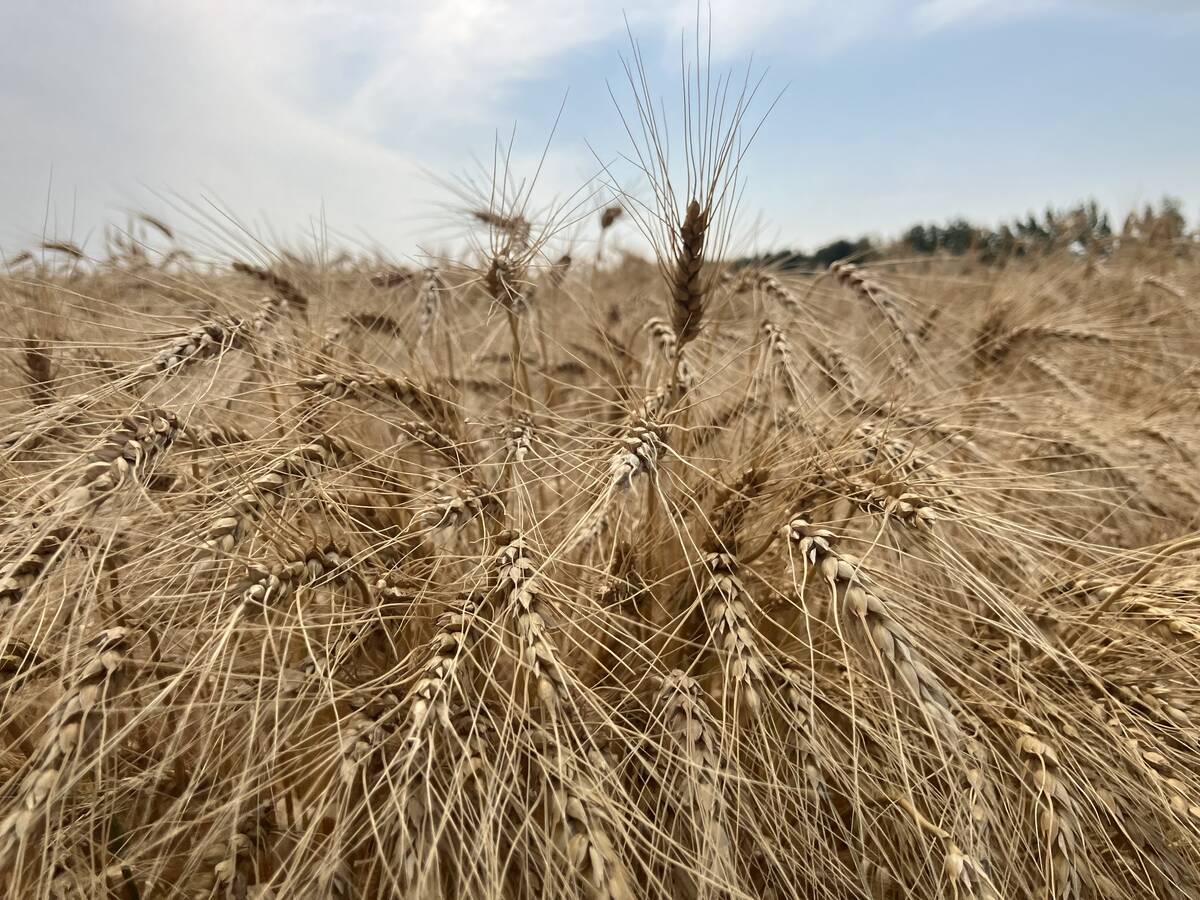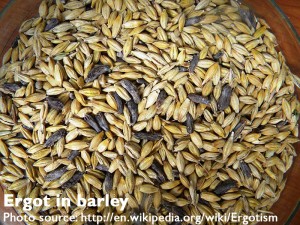The Beef Cattle Research Council has posted a blog warning producers to be on the lookout for ergot this year.
“Over the past few weeks, Mother Nature has provided us with the rain and cool conditions which have created the environment for ergot infections to occur. These cool, wet conditions have also increased flowering periods in cereals and made them more susceptible to infection,” says the post by Saskatchewan Agriculture’s regional crops specialist Sherri Roberts.
Read Also

Prairie CWRS wheat bids mixed to start February
Canada Western Red Spring wheat bids held relatively steady during the week ended Feb. 3, with small price declines in some areas and increases in others.
She says Saskatchewan fall rye varieties are all rated as moderately susceptible to ergot. While rye is the principal host, barley, wheat, triticale, oats and numerous species of cultivated and wild grasses are also susceptible.
“While ergot can cause a 5-10 per cent yield reduction, the main concern should be in regards to the toxic alkaloids that are present in the ergot bodies. The Canadian Grain Commission has established limits for allowable ergot contamination. If using ergo- contaminated grain for livestock feed, be aware that animals differ in their toxicity levels. Haying ergot contaminated grasses does not lower the dangers and if in doubt, have your forage sampled.”
The full article is available here.














